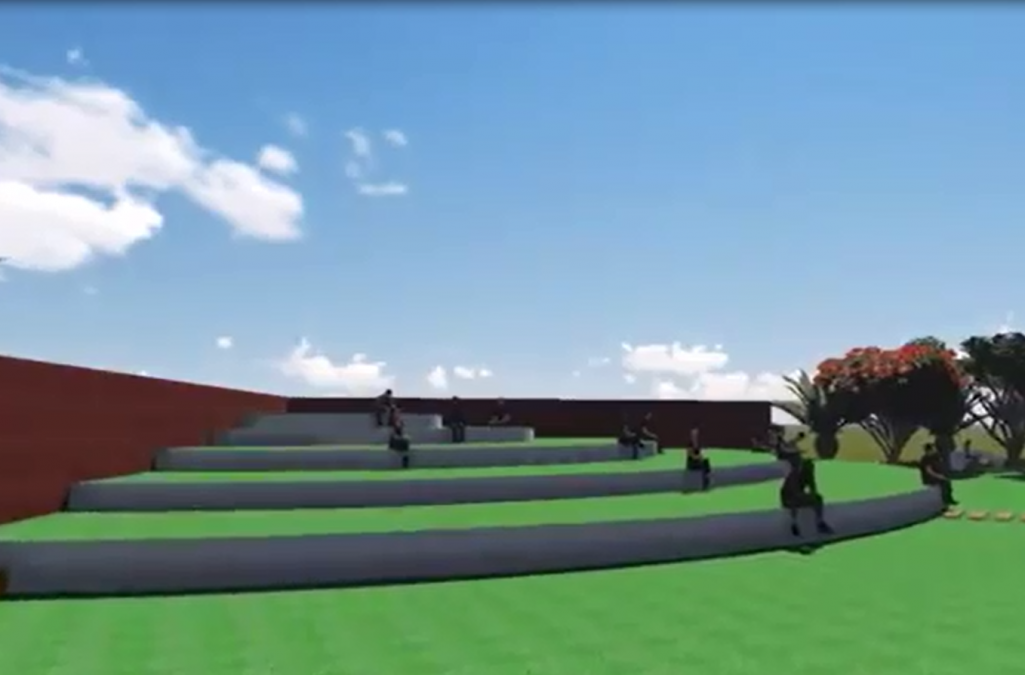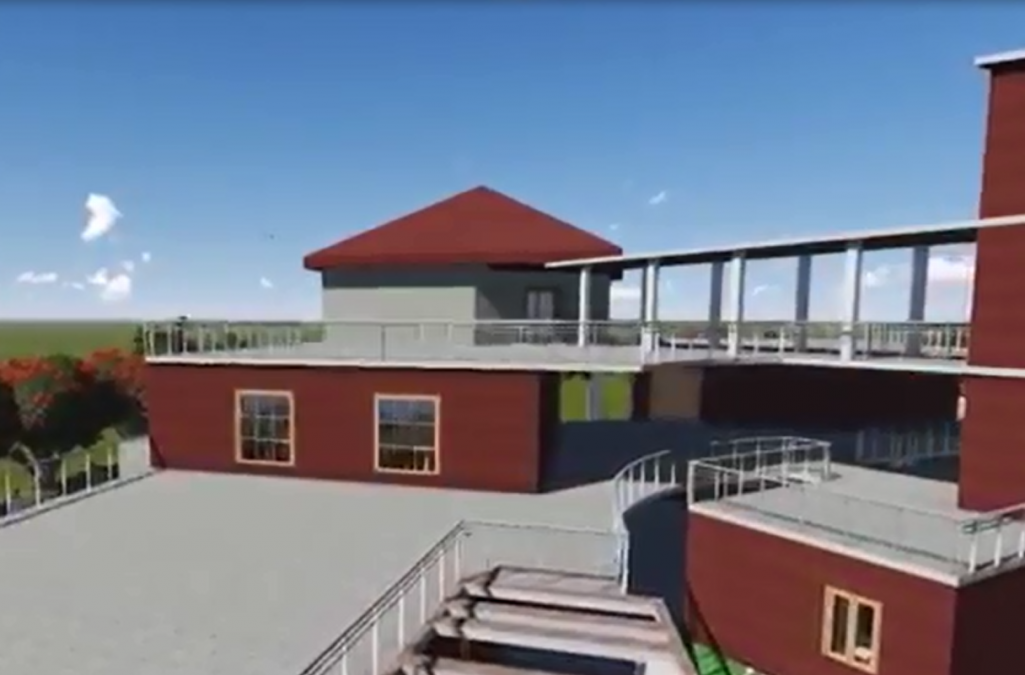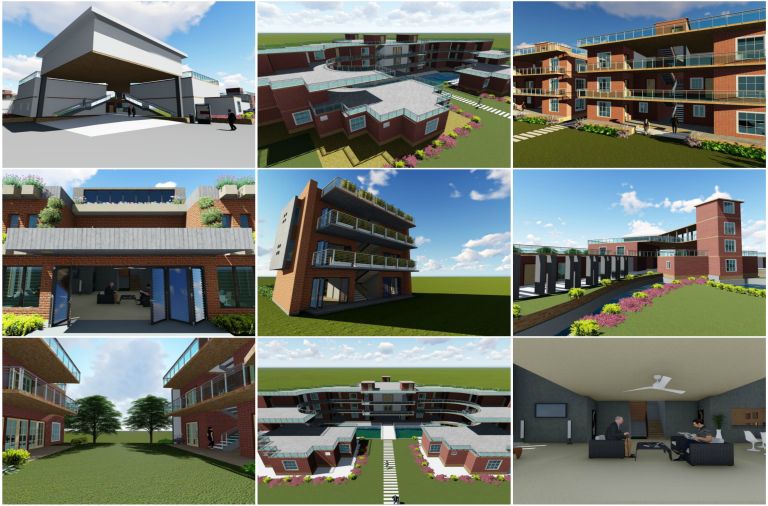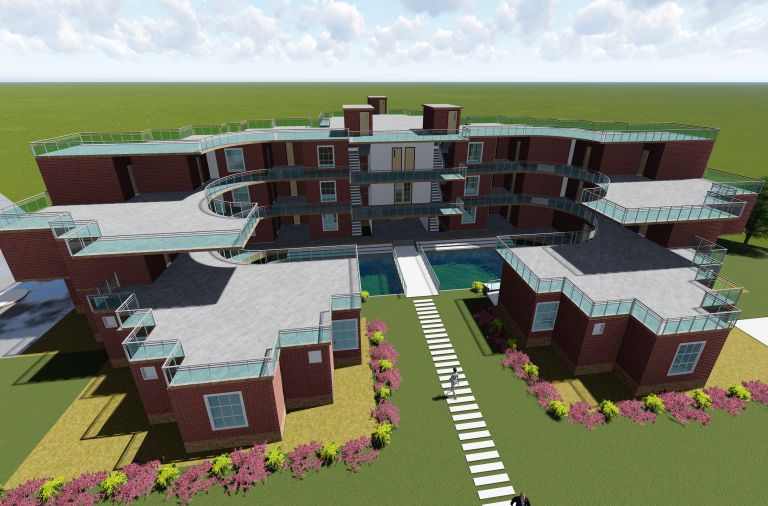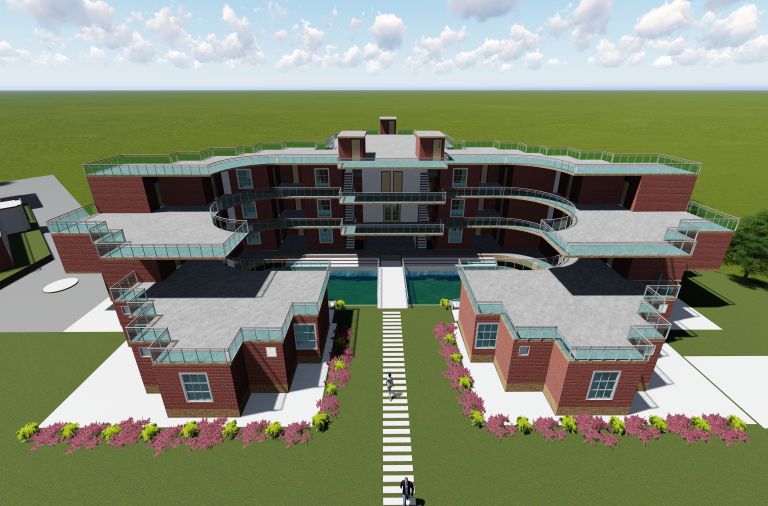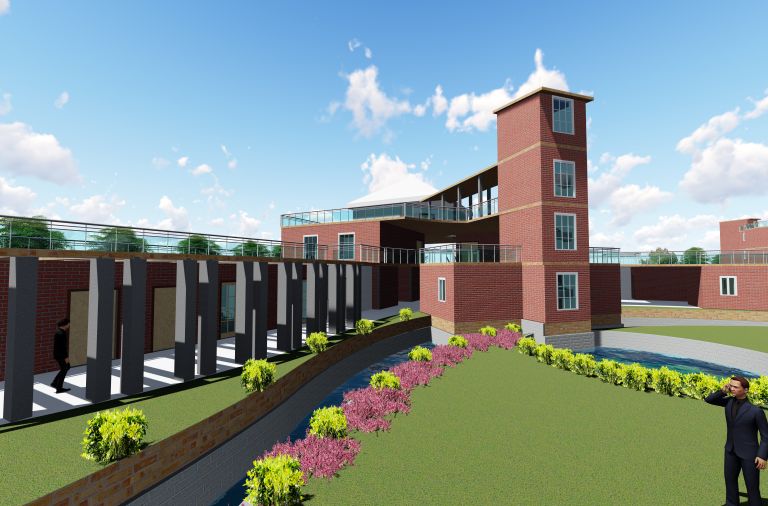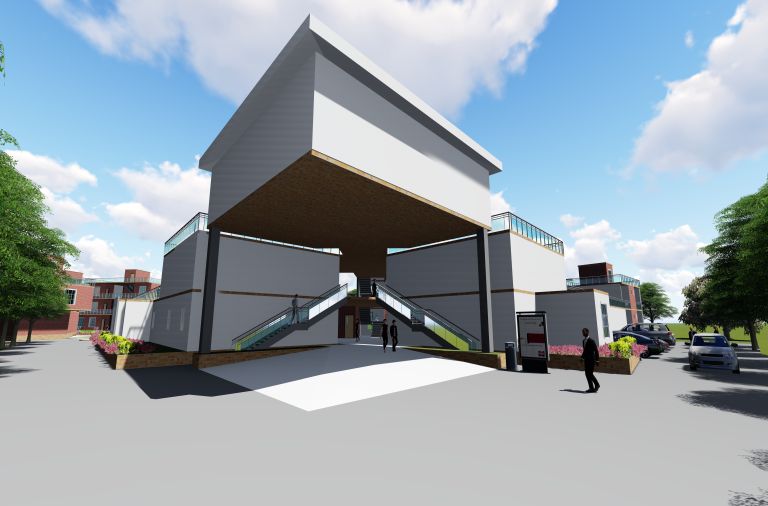True education leads to increased information, more rational thinking and greater harmony. Conversely ignorance causes impoverishment, isolation and evasion of clarity. Poverty and illiteracy support each other, therefore, knowledge must contribute to empowerment.
“Educate a man, you educate an individual and educate a woman, you educate a family” goes the saying. So women’s empowerment is all the more important.
Education, however, is not just attaining diplomas and degrees, it is more about accumulating knowledge which results in wisdom and then be willing to share it with those who lack it. It is this philosophy that defines CARAVAN’s mission: Empowerment of the impoverished through information and exposure.
Inter-faith and social misconceptions are prevalent in Gujarat and its common people have suffered massive economic losses due disturbances in past. SPRAT recognized this region as a natural territory to start its work from. Dedicated to the promotion of rationality ,it rose to the call and set up a division: CARAVAN – a network of community empowerment centers – to empower the society through increased learning and earning opportunities.
OBJECTIVES
For the empowerment of weaker sections CARAVAN has defined the following objectives:
* Promoting a culture of learning, questioning and rational thinking in daily life across all age groups by providing reading facilities, facilitating interactions and film shows.
* Helping in the promotion of micro-economic enterprises, including business organizations, cooperatives and self help groups – especially for women – towards overall economic empowerment.
* Helping to avail existing government and other institutional support schemes and providing everyday information in a wide range of areas for material advancement.
* Honing exam-taking skills of the young in the current examination system, with dual objectives of mass education and academic excellence. The latter should also improve weaker section’s share in governance through public services.
* Promoting inter-community brotherhood by encouraging a large number of informal ways, dialogue and discussions between individuals from all social divisions.
* Building and studying databases, and representing them to the regulating agencies for appropriate welfare schemes.
Join our CARAVAN in the long but worthwhile journey of nation building, learning and promoting peace.
GENESIS
What does it take to eliminate suffering? First the recognition that it is no good to suffer, then the will to eliminate or reduce it and then the resources to do so.
The first two, viz, the Recognition and the Will have to do with attitudes, values, orientation. The latter, viz, the Resources, is a matter of hand-holding external support. It is reasonable to say that if requisite determination is created people will either arrange the resources or reprioritize their existing resources. But if the will were missing any amount of resources supplied will be go in vain.
The chief resource is knowledge of things and processes. Other resources include team-working and professionalism, credit, tools and machinery, infrastructure and administrative assistance.
Several NGOs have achieved expertise in vital areas of social service. If cooperation between NGOs is substituted for competition greater synergies will ensue. Regrettably most NGOs have to spend valuable talent and time in creating and sustaining support structure that often remains under utilized. There is, therefore, need for a common facilitating platform for every NGO to use readily.
To create amongst the impoverished an infectious urge for empowerment, to provide to them some basic hand-holding support, and to provide to other NGOs and philanthropists a facilitating platform, a novel, integrated approach has been packaged as the CARAVAN Multipurpose Empowerment Centre. To run and expand this network SPRAT needs support till it becomes self-sustainable.
To minimize transaction costs CARAVAN uses contemporary IT and best of professional management. And to enlist wider cooperation it has decentralized management involving local activists, NGOs and subject experts while firmly sticking to its basic tenets.
PEDAGOGY
What drives the development of new pedagogy?
Changes in society, student expectations, and technology are motivating innovative university and college faculty and instructors to re-think pedagogy and teaching methods.
1. Blended learning
Now there is a much closer integration of classroom and online teaching under the generic term of blended or hybrid learning, where classroom time is reduced but not eliminated, with the rest of the time being used for online learning.
The professor may record a lecture and/or provide access to videos, readings, learning objects, quizzes, and other resources which students work through prior to coming to class.
Classroom time is spent on interaction between students and instructor, whether through discussion, problem-solving, practical exercises, or lab work
2. Collaborative approaches to the construction of knowledge/building communities of practice
Some institutions, such as the University of British Columbia, have now created course blogs and wikis that encourage contributions and reflections from the wider public, to accompany formal courses that are ‘private’ to enrolled students, thus opening up courses to external expertise, and providing students with important contacts and networks outside the institution.
3. Use of multimedia and open education resources
Digital media, YouTube videos such as TED talks or the Khan Academy, and, increasingly, open educational resources (OERs) in the form of short lectures, animations, simulations, or virtual worlds enable professors and students to access and apply knowledge in a wide variety of ways. There are now many thousands of examples of stand-alone, open educational resources that can be downloaded free for educational use. Examples include MIT’s OpenCourseWare, Apple’s iTunes University, and the UK Open University’s OpenLearn.
4. New forms of assessment
Digital learning can leave a permanent ‘trace’ in the form of student contributions to online discussion and e-portfolios of work through the collection, storing and assessment of a student’s multimedia online activities. Peer assessment involves students in the review of each other’s work, providing useful feedback that may be used in the revision of documents and a better understanding of issues.


